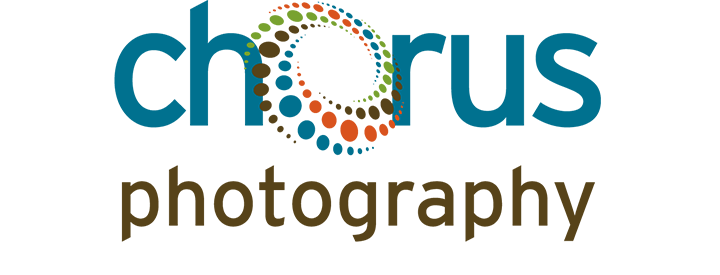I’m a proud Gen-Xer. My generation was one of the first to have computer labs - anyone remember the TRS-80? I was one of the first kids on my block to have anAtari. I had a pager back in the day, and I, for SURE, had a bag phone in my car LONG before smartphones were a thought.
I embrace technology. I truly love what it can do for us.
BUT…lately, I’ve noticed a disturbing trend with clients. They’re texting me.
They’re texting at 6:45 in the morning.
They’re texting after 10 at night.
They’re texting me, and most of the time I have no idea WHO they are! They’re actually texting me so much that I had to change a setting on my phone for texts from unknown numbers be shifted to a separate folder…I honestly get less texts from robo-marketers, the main difference being I can allegedly “opt out” of those messages.
I try to lead a bit of an old fashioned life in the 21st century. Business hours are business hours. Yes, of course, in the life of a photojournalist…there are no business hours. But the texts I’m getting aren’t journalism related. I’m getting questions for event photography jobs we’re lined up for (and these are paraphrased to protect the innocent):
“Do you think this color will photograph well? My friend told me at dinner tonight it’ll make me look fat…I don’t want to look fat!”
“I know it’s late, but my friend had X happen to them with their photographer...you don’t do that…right?”
10:35pm the night before a shoot: “See you at 11?” (1 minute passes) “Why aren’t you answering me?”
I understand that in the Facebook world we all live in, there is a certain level of familiarity that society has come to embrace. I am really cool with it…but at the same time, a certain boundary has to be established.
First off, texting can be a quick and easy way to have a dialogue when time is of the essence, and in those cases, it really is an invaluable tool. But most of the time, these are not time sensitive questions. A question a year before an event that really has nothing to do with photography cannot be classified as time sensitive.
Secondly, if I get a text while I’m either in a meeting or on a location shoot…chances are I’ll forget about it until hours or sometimes days later.
Thirdly, we keep very thorough notes for all of our clients. If an exchange of any kind happens regarding an event…I like us to have a history on file just so we can internally track changes and make the appropriate course corrections on our end. I always encourage clients to email me with their questions or concerns. Not just for our paper trail, but for theirs as well. Phones messages are just as good for that. (Total transparency, I don’t do that as much or as often as I should.)
Lastly and most importantly...I love that our clients feel comfortable enough with us to communicate with us like we’re friends. But there also has to be a level of respect to personal time. We already work long and odd hours.
I’m not trying to discourage communication at all, please don’t get me wrong. But what I am asking is that people consider reversing the roles, and imagine how they’d feel if they’re home on a Sunday night, getting into some “Ray Donovan”, and they start getting texts from numbers they don’t know.
9:05pm:
“Hey, did you get that TPS report together for next year’s conference?”
9:45pm:
“Do you like coffee or tea when eating?”
10:13pm:
“I was thinking of changing my profile picture…what do you think?”
Hey, and if all else fails…try me on my pager.

BP Miller is an award winning photographer, photojournalist and speaker whose work has been curated by The Smithsonian’s National Museum of American History, and published in numerous publications like The Philadelphia Inquirer, The Philadelphia Daily News, Washington Post, Rolling Stone & The New York Times.
BP is an active member of RTDNA (Radio, Television & Digital News Association), an Edward R. Murrow Awards Judge, former Mid-Atlantic Chair of the National Press Photographers Association and a former board member of the Northern Short Course In Photojournalism. He can be found speaking across the country about non-profit photography as well as photojournalists' rights.